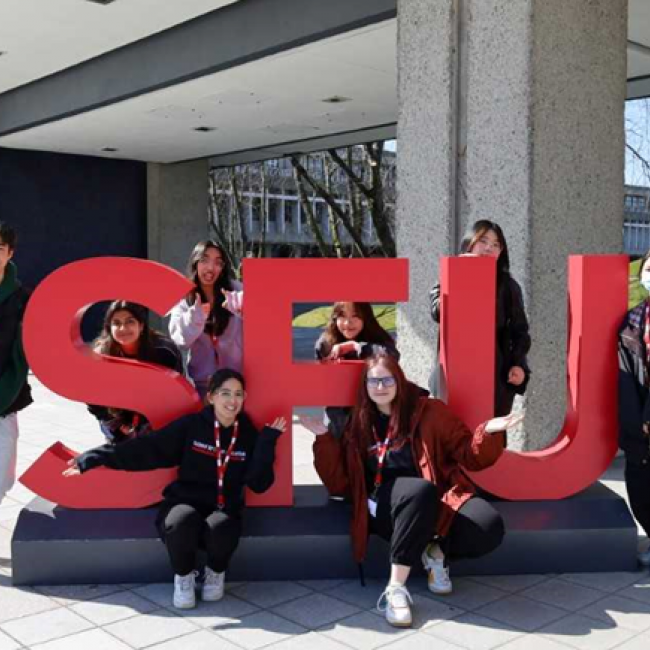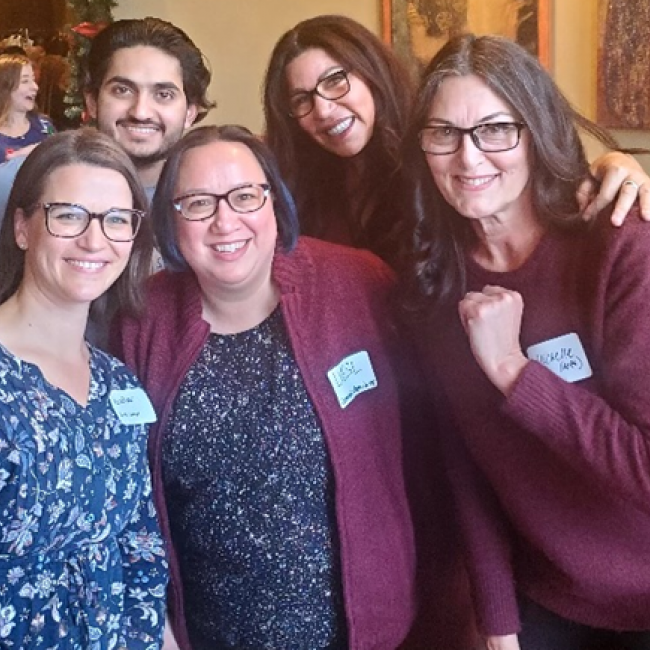Co-op is a time to learn more about your potential career prospects—to get a taste of what you like and what you don’t like. I’m a little more than halfway through my work term with global communications consulting agency FleishmanHillard, and I can confidently say that nowhere is this more applicable than in an agency environment.
FleishmanHillard is a major player in the public relations industry, but also conducts business in a wide range of different communications disciplines, including but not limited to crisis management, public affairs and brand management. As a co-op student, the work that I own changes on a daily basis depending on client needs. To give you an idea of the nature of work that I’ve done at FleishmanHillard, the following are a few examples: monitoring the media for breaking headlines, writing media releases, summarizing transcripts from parliamentary proceedings, coordinating a corporate crisis management plan and assisting with the production of a promotional video (starring a former Bachelorette contestant).
If you’re currently seeking a co-op placement, working in an agency may be a wise career move. Here are three reasons:
1. Exposure to a Range of Industries
Depending on the agency you end up working with, the potential range of clients and industries are limitless. For example, I’ve had the opportunity to work with large multinational corporations, tech startups and the provincial government. I’ve also been exposed to an interesting mix of industries, from energy and mining to gluten-free foods and local restaurant chains. If you see yourself working in communications, but aren’t sure which industry to start with, an agency can help you narrow down your ideal field.
2. Mentorship
Agencies are teaching environments where senior employees mentor their junior colleagues. Your supervisors have many years of experience in client management in a vast range of industries. Show initiative by conducting research on clients and industries that you’re interested in and ask to work with the corresponding portfolio managers. If you ever find yourself working in an agency, seize the opportunity and soak up as much knowledge as possible.
3. Learn Time Management Skills
Your time is valuable because the hours you spend on client work are all billable. Therefore, sterling time management skills and the ability to keep meticulous track of your time is essential. Picking up good habits such as blocking off time for client work in your Outlook calendar will serve you well in the future.
Working in an agency is incredibly rewarding, but it can also be tremendously challenging. These environments are fast-paced and can often times be unpredictable due to the nature of being beholden to clients. Of course, some people are better suited for traditional in-house work as opposed to working for an agency, but that’s the beauty of SFU’s co-op program—you have the benefit of trying on different hats and determining which ones fit you the best.
Beyond the Blog
-
Communication Co-op employer FleishmanHillard, visit their website.





























